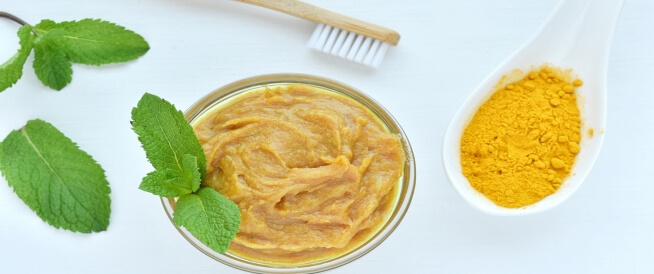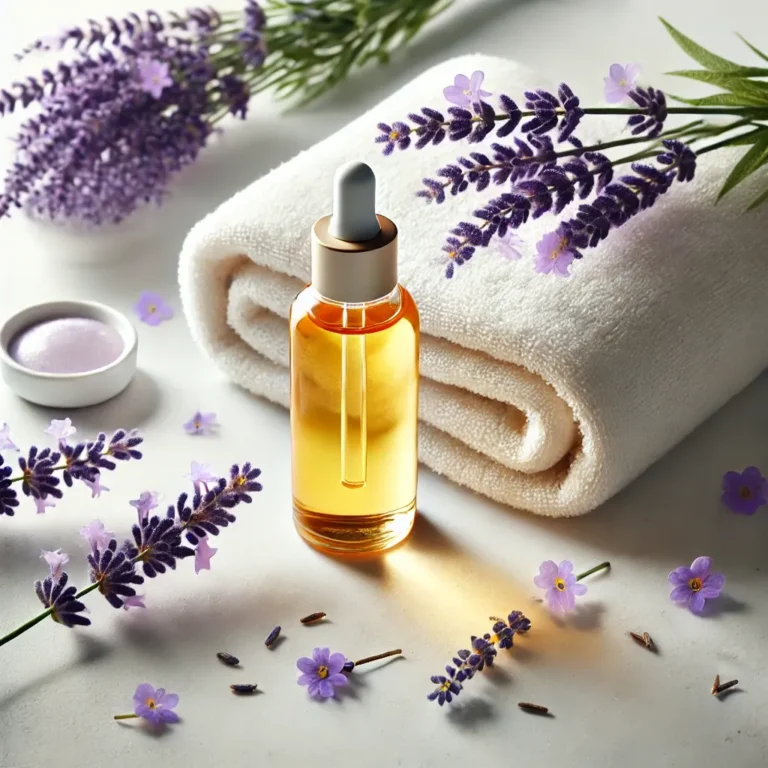
Rose oil has been used for centuries in the treatment and prevention of many diseases and disorders in folk medicine. It is thought to contain an antidepressant, antioxidant, antimicrobial, fungal, antibacterial, muscle-relaxing, anti-fat and anti-ulcerative effects.
A 2018 study found that rose oil improves the frequency, duration and severity of headache attacks without any serious side effects in migraine patients. Others simply enjoy the scent of rose oil and feel that it provides a comfortable aromatic remedy. In many cases, the oil is placed topically, inhaled or even eaten to benefit from the following many benefits:
Eliminate dirt and bacteria: Rose oil has antiseptic properties that can eliminate dirt and bacteria and clean hair follicles while hydrating them. This may be beneficial for those with fungal problems such as dandruff.
Strengthens hair follicles: massage the scalp with this oil, it can make hair follicles stronger, and the hair may stick to the roots more firmly. With regular use, wild rose oil can make hair follicles stronger over time. Some experts say that the boosting provided by rose oil is necessary to prevent hair breaking and falling, which may prevent hair loss in the future.
Provides moisture for scalp and hair: It hydrates skin and hair follicles, which is good for both scalp and hair. It also has moisturizing properties that lock up available moisture.
Calms the scalp: due to its antimicrobial properties, it is excellent for adding moisture to the dry, irritant and inflamed scalp. It can also help treat flaky skin, whether on the face or on the scalp.
Supports new hair growth: Although it does not actively help hair growth, rose oil supports existing hair and new growth in staying healthy and avoiding shedding or shelling. Rather than directly affecting growth, it creates a healthy environment for hair growth.







